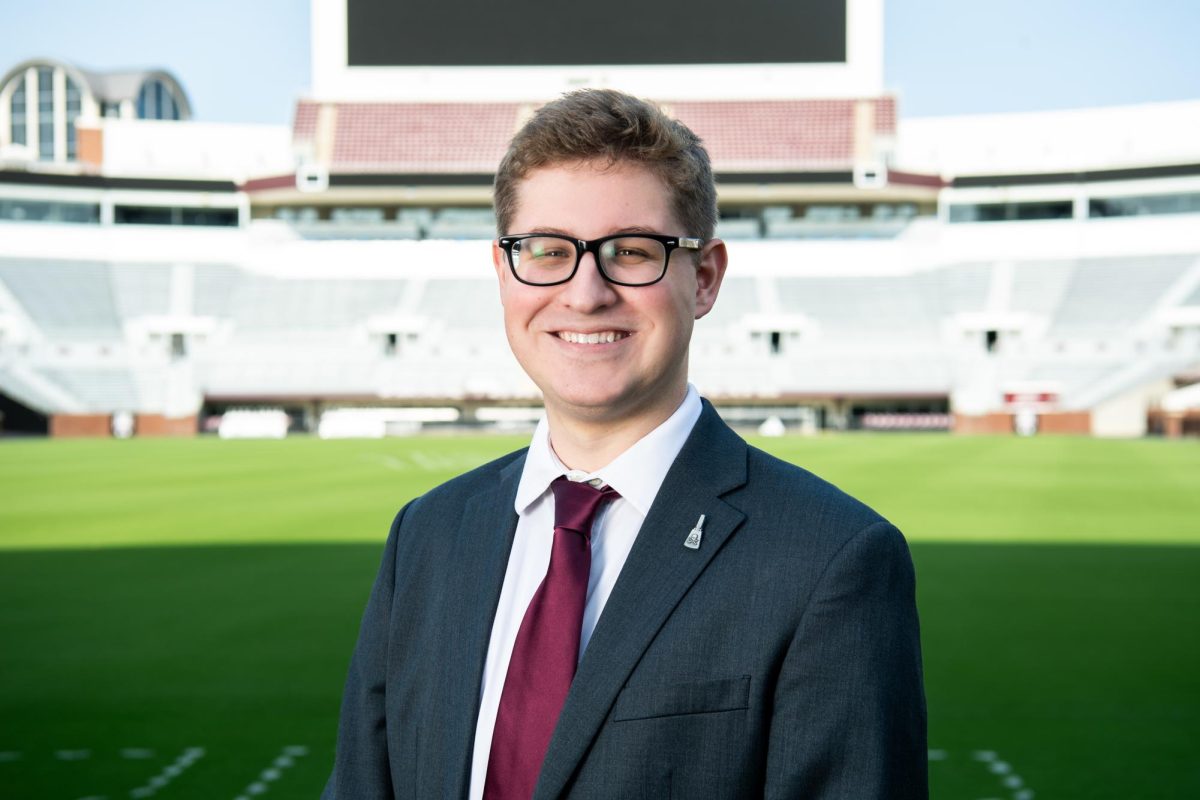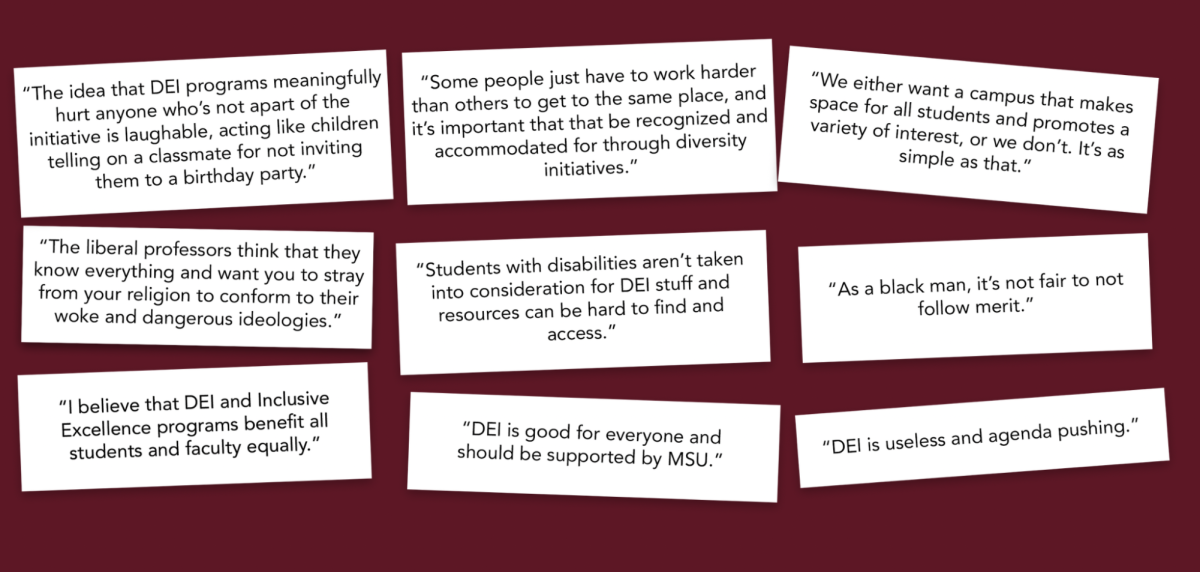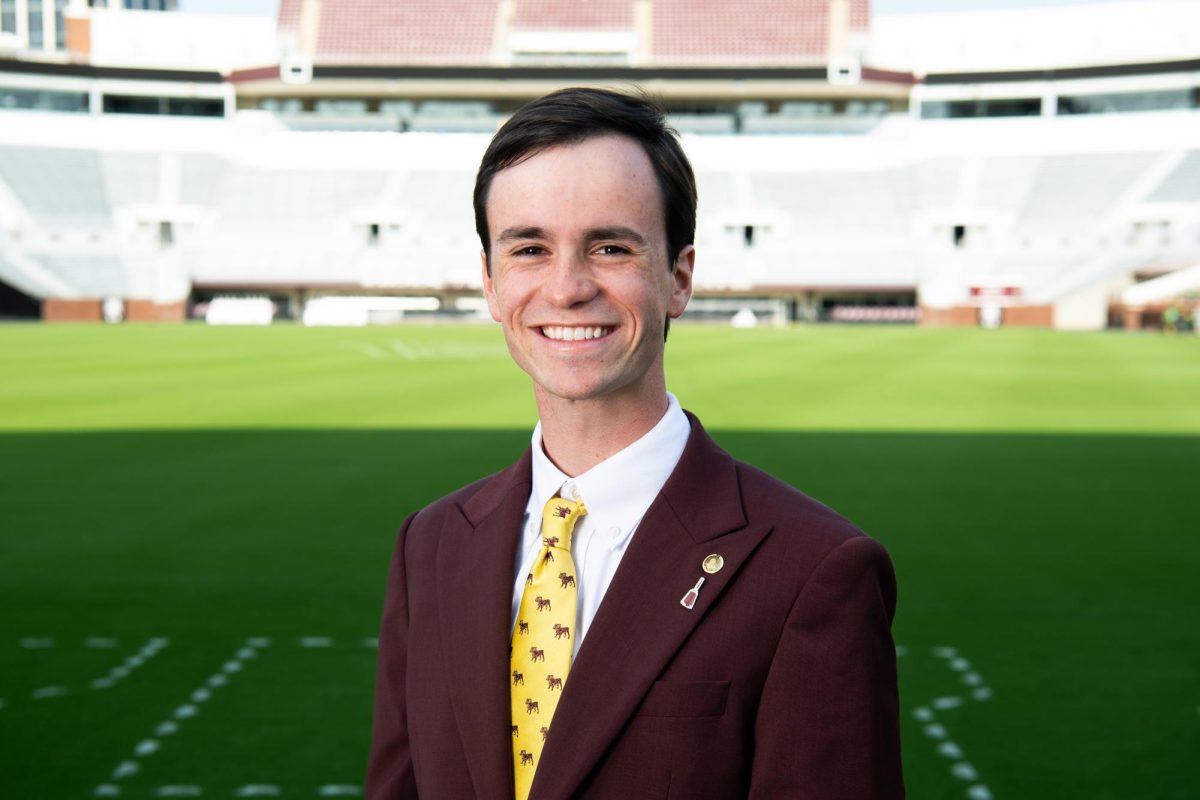Following the recent coastal impacts of Hurricanes Delta and Laura, Mississippi State University is reaching out to help affected families in numerous ways.
One of the most prominent disaster relief resources on campus is the MSU Extension Service.
Extension’s goal is to deliver research-driven information to educate Mississippians in all facets of agriculture, and it has been striving for this since 1914.
The Extension website has a page dedicated to disaster response, which was compiled following the formation of Hurricane Zeta in October.
This online guide includes a detailed frequently asked question list covering topics such as repairs, pets, power, crops and flooding. Audio files are also available with information on food safety, finances, safety, family needs and more.
Extension also provides links to various relief agencies and organizations which can help those suffering from the after-effects of a hurricane, as well as multiple handbooks full of preparation and response information.
Gary Bachman, an Extension agent and research professor in the Department of Plant and Soil Sciences, said MSU Extension can aid hurricane victims in many different ways.
“Extension can help in multiple ways,” Bachman said. “It could be from the damage to your structure or yard to providing information from a food safety perspective. We have a number of specialists, from horticulturalists like myself to economic specialists, and we have professionals in all 82 counties in Mississippi.”
MSU Extension updates its website regularly with articles like Bachman’s most recent guide on cleaning up damage a big storm leaves behind.
While Extension provides the information necessary to prepare for hurricanes, other groups on campus are helping lead the response in providing aid.
One scholarship program in the college of education, the Mississippi Excellence in Teaching Program (METP), held a donation drive throughout the month of October to collect supplies for the community of Lake Charles, Louisiana.
The METP scholars collected school supplies for the institutions which lost essentially everything due to standing water. They also donated cleaning supplies, baby items, basic-ready snacks and water.
Brooke Hodges, a sophomore majoring in elementary education, expresses the importance of helping those in need because one day the tables could turn.
“It’s always important to help people in our future profession because one day, we could be in the exact same situation,” Hodges said.
The program worked with the local Starkville Community Church and its pastor, Joe Horan, to transport the items to people in need.
Annice Jenkins, the program manager of METP, tries to convey the importance of community service to every student who enters the program, but many of them already know it, she said.
“METP stresses the need to give back to the community any way they can,” Jenkins said. “This scholarship provides so much for them that we want them to get into the habit of meeting need wherever they can. They already come to us doing a lot of volunteerism, and they’re excited about it.”
Service projects like this are not normally how the METP scholars would be giving back. Throughout an average academic year, they would be spending a few hours every week at the T.K. Martin Center and the Autism Clinic, but COVID-19 has prevented them from volunteering as usual.
Shelby Cushman, a junior transfer student in elementary education, said she was looking forward to working at METP’s typical volunteer sites but was happy the group could give back in other ways.
“When coming into METP, I was excited about the volunteer opportunities with the T.K. Martin Center and the Autism Clinic,” Cushman said. “Those have been postponed this semester because of COVID, so I was very happy to hear about the opportunity to help out the Lake Charles community. I’m happy to know METP will find a way to make a difference no matter what!”
Michelle Stubbs, the METP program manager, said the group was happy to help in any way it could to advocate for children.
“We’re just glad we can help,” Stubbs said. “When you’re in education, you realize it’s not just about teaching. You’re an advocate for kids— you know when they’re hungry or when they need clothes. I think teachers are giving people, and that’s what we try to instill in them.”
MSU provides aid to coastal regions affected by recent hurricanes
Michelle Stubbs | Courtesy Photo
METP students pose with the goods they collected to send to the Lake Charles, Louisiana, community after it was affected by recent hurricanes.
0
More to Discover


































































































